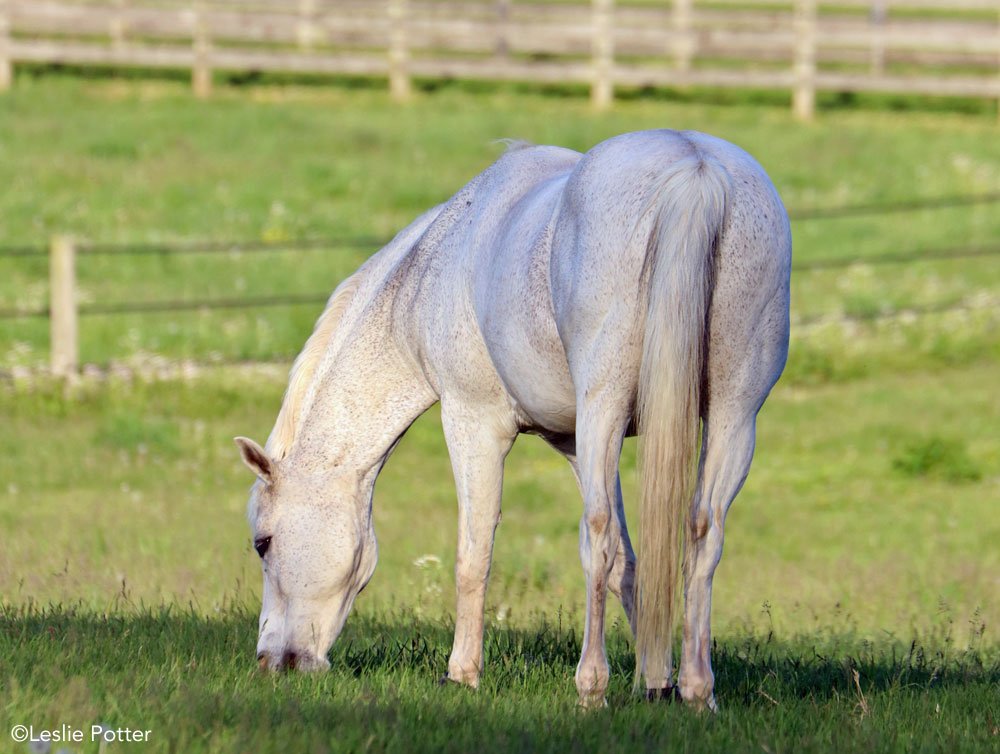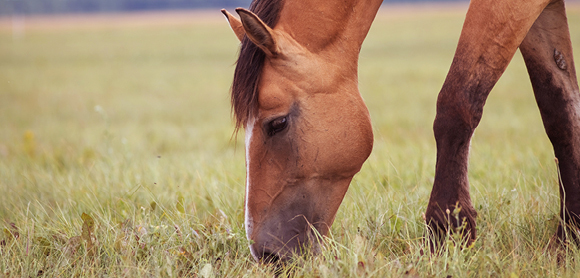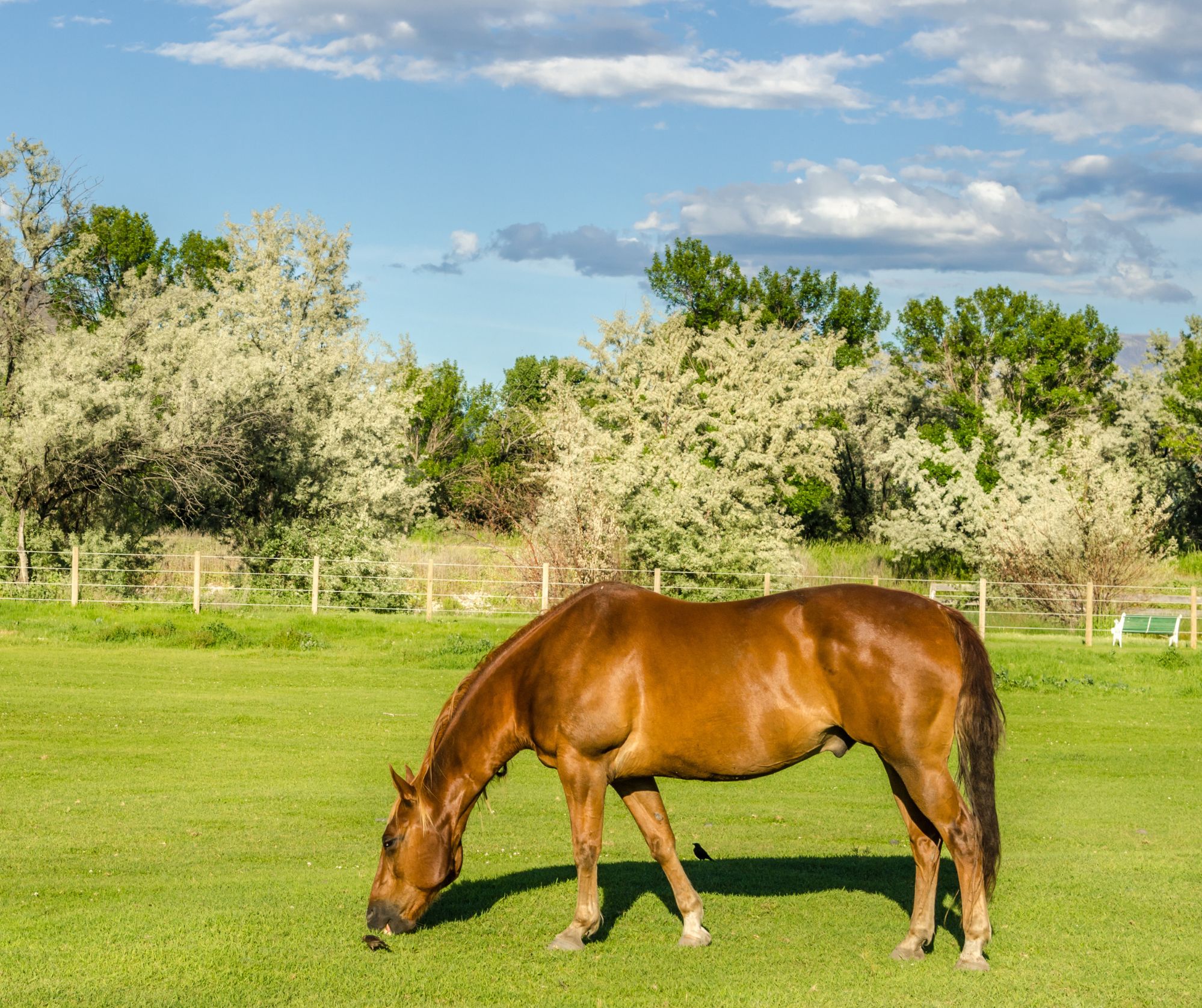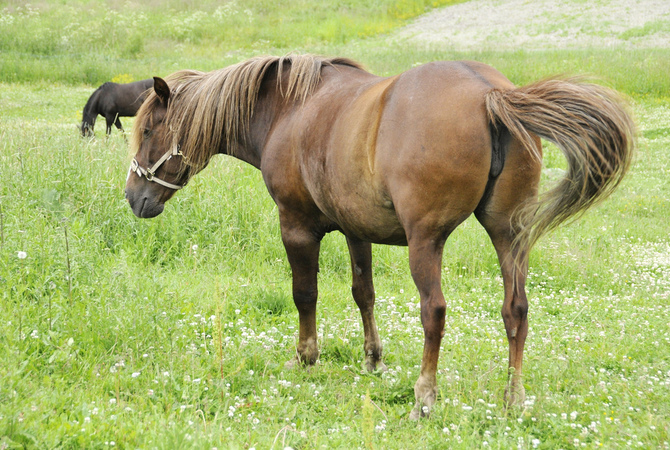How Pasture Affects Horse Health

Pasture plays a crucial role in maintaining and improving the overall health of horses. Understanding the relationship between pasture quality, management, and equine well-being can help horse owners optimize their animals’ diet and living conditions.
Nutritional Benefits of Pasture

Pasture provides horses with a natural source of forage rich in essential nutrients:
- Fiber: Vital for healthy digestion and gut motility.
- Vitamins and Minerals: Including Vitamin A, E, calcium, and phosphorus.
- Protein: Supports muscle development and repair.
- Water Content: Fresh grass contains moisture that helps with hydration.
Table 1: Nutrient Composition of Common Pasture Grasses

| Grass Type | Protein (%) | Fiber (%) | Key Minerals |
|---|---|---|---|
| Timothy Grass | 8-12 | 30-35 | Calcium, Magnesium |
| Bermuda Grass | 10-15 | 25-30 | Potassium, Iron |
| Orchard Grass | 9-14 | 28-33 | Phosphorus, Zinc |
Pasture Management and Its Impact
Proper pasture management ensures the health benefits are maximized while minimizing risks:
- Rotational Grazing: Prevents overgrazing and promotes regrowth.
- Weed Control: Reduces toxic plant ingestion.
- Soil Testing and Fertilization: Maintains nutrient-rich soil.
- Regular Mowing: Keeps grass at optimal height for grazing.
Common Health Issues Related to Pasture
While pasture is beneficial, certain risks must be managed:
- Laminitis: Often triggered by excessive intake of rich, lush grass.
- Colic: Can result from sudden changes in pasture or ingestion of harmful plants.
- Parasites: Pasture can harbor internal parasites; regular deworming is essential.
Tips for Optimizing Pasture for Horse Health
- Introduce horses gradually to new pasture.
- Monitor pasture quality and horse condition regularly.
- Provide supplemental feed if pasture quality is poor.
- Ensure access to clean water at all times.
Frequently Asked Questions (FAQ)
Q1: How much pasture should a horse have daily?
A: Ideally, horses should have access to pasture for 12-16 hours daily to mimic natural grazing behavior.
Q2: Can all horses eat the same type of pasture?
A: No, horses with metabolic issues may require restricted access to lush pastures.
Q3: How do I know if my pasture is safe?
A: Regularly inspect for toxic plants, maintain soil health, and consult with an equine nutritionist.
By understanding and managing pasture effectively, horse owners can significantly enhance their horses’ health, well-being, and performance.
